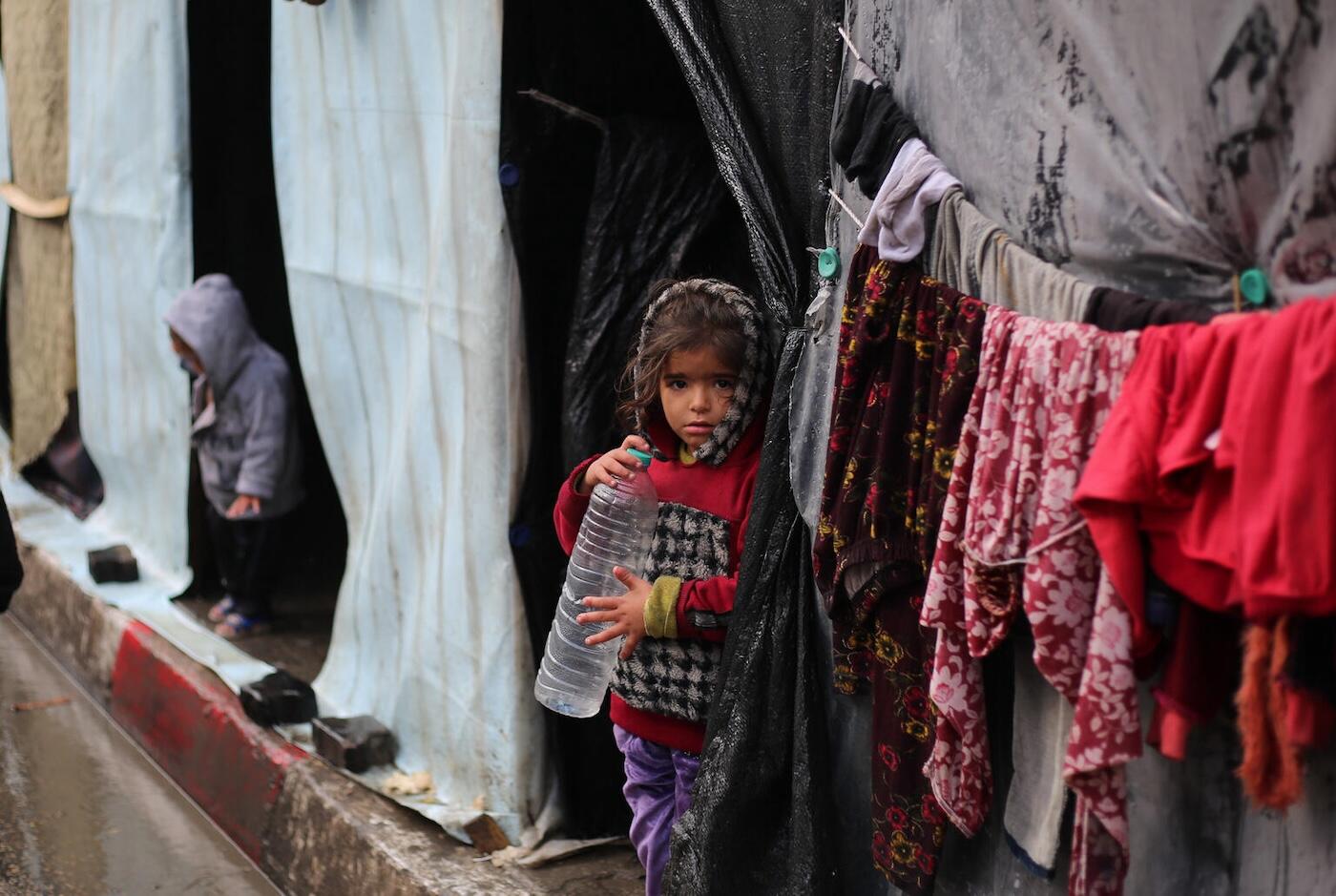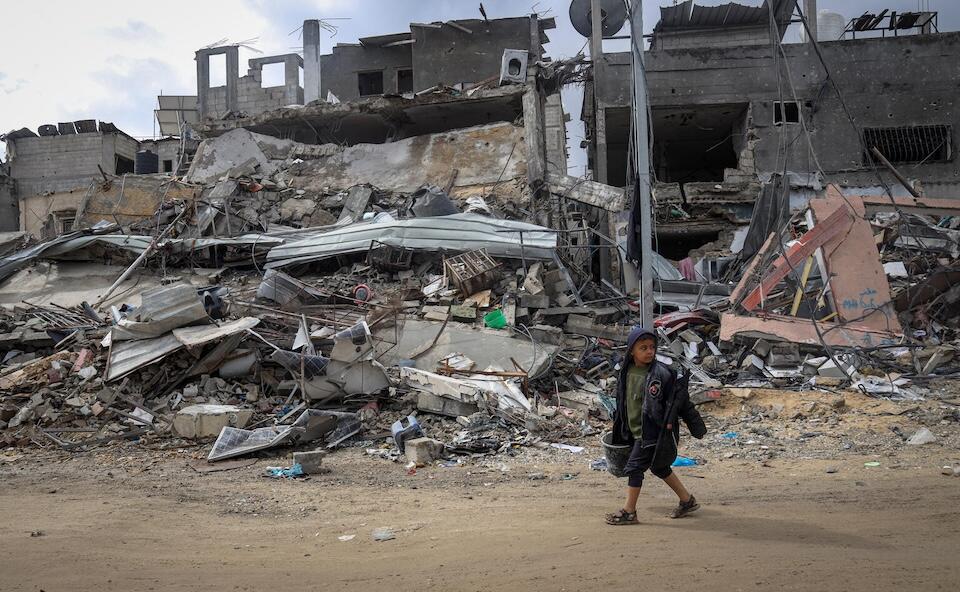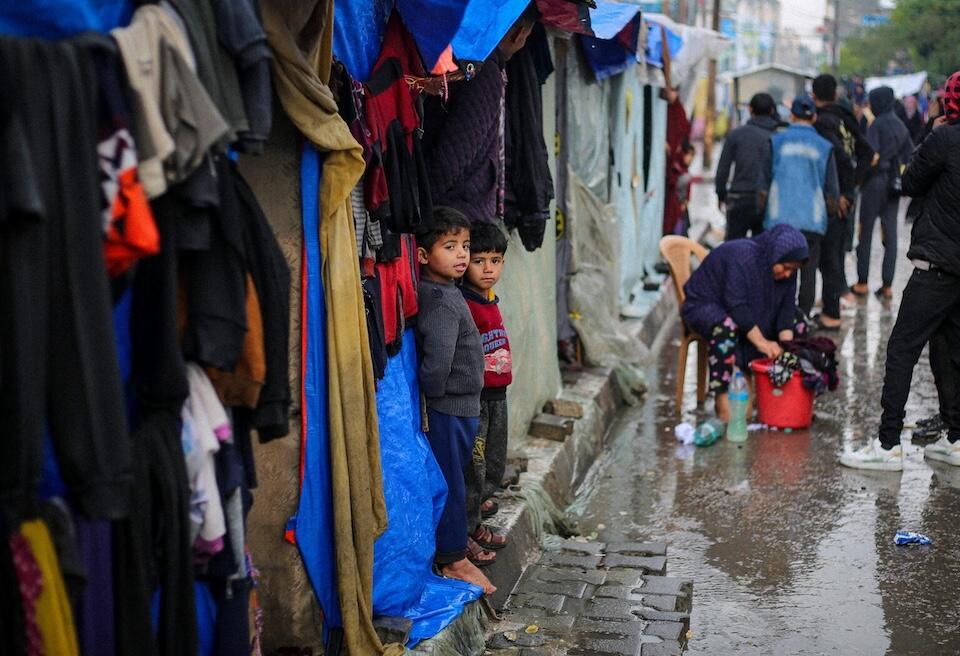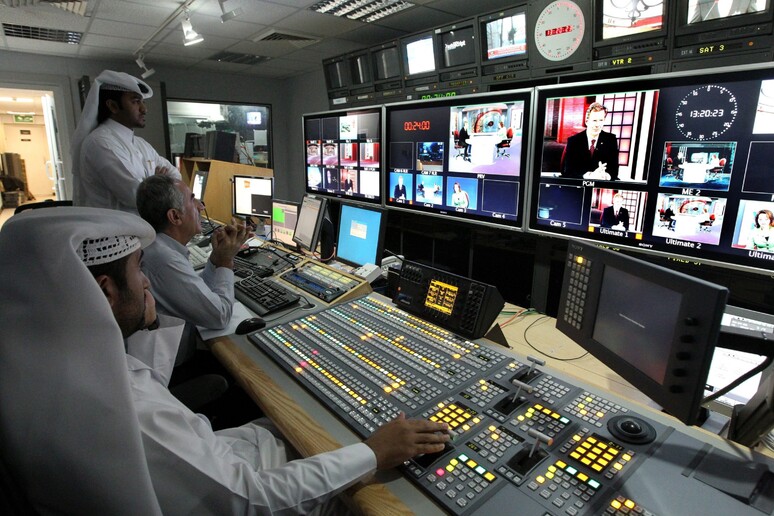

Alessio, the escalation of hostilities in Rafah and throughout the Gaza Strip is creating even more suffering for hundreds of thousands of children.
Earlier in May, a long-feared military operation began in Rafah forcing nearly 800,000 people from their homes and into unsafe areas and overburdened camps in Khan Younis Al-Mawasi and Deir al Balah, closing key border crossings and further disrupting the delivery of aid — all while essential resources remain in short supply and the threat of famine looms.
In the face of blockades and insufficient access to border crossings, UNICEF has found ways to reach children in Gaza with critical humanitarian relief. In late April, teams moved more than 98 trucks into the Gaza Strip with emergency supplies including:
- 6,800 cartons of Ready-to-Use Therapeutic Food
- Over 305,000 packs of Ready-to-Use Infant Formula
- 10,000 cartons of high energy biscuits
- Over 13,000 hygiene kits
- Over 56,000 sets of children’s clothes
But with the intensification of violence in Rafah this month, UNICEF and other humanitarian organizations have faced increased challenges to transport assistance into the Gaza Strip. Humanitarian operations that serve as the only lifeline for the whole population across the Strip are being threatened every day.
The situation is dire. If key border crossings are not reopened to fuel and humanitarian supplies, the consequences will be felt almost immediately: life support services for premature babies will lose power; children and families will become dehydrated or consume dangerous water; sewage will overflow and spread disease further.
Simply put, lost time will soon become lost lives.
That’s why UNICEF continues to call for an immediate humanitarian ceasefire and an end to blockades on assistance. At the same time, teams in and around Gaza are focused on doing everything possible to deliver relief and pre-position supplies for children for when more aid is allowed in. No matter how difficult the circumstances, UNICEF will not stop doing all we can to help the children of Gaza.
We are committed to helping meet children’s needs.If you’re able to give, you can scale relief efforts with an emergency gift for children caught in conflict.
Thank you for supporting children,
Source: UNICEF USA
English translate
CRISI A RAFAH E NELLA STRISCIA DI GAZA
Alessio, l’escalation delle ostilità a Rafah e in tutta la Striscia di Gaza sta creando ancora più sofferenza a centinaia di migliaia di bambini.
All’inizio di Maggio, a Rafah è iniziata un’operazione militare a lungo temuta, che ha costretto quasi 800.000 persone a lasciare le proprie case e a rifugiarsi in aree non sicure e campi sovraccarichi ad Al-Mawasi a Khan Younis e Deir al Balah, chiudendo i principali valichi di frontiera e interrompendo ulteriormente la fornitura di aiuti, il tutto mentre le risorse essenziali continuano a scarseggiare e la minaccia della carestia incombe.
Nonostante i blocchi e l’accesso insufficiente ai valichi di frontiera, l’UNICEF ha trovato il modo di raggiungere i bambini di Gaza con aiuti umanitari fondamentali. Alla fine di aprile, le squadre hanno spostato più di 98 camion nella Striscia di Gaza con forniture di emergenza, tra cui:
- 6.800 cartoni di alimenti terapeutici pronti all’uso
- Oltre 305.000 confezioni di latte artificiale pronto all’uso
- 10.000 cartoni di biscotti ad alto contenuto energetico
- Oltre 13.000 kit igienici
- Oltre 56.000 set di vestiti per bambini
Ma con l’intensificarsi della violenza a Rafah questo mese, l’UNICEF e altre organizzazioni umanitarie hanno dovuto affrontare crescenti sfide per trasportare assistenza nella Striscia di Gaza. Le operazioni umanitarie che rappresentano l’unica ancora di salvezza per l’intera popolazione della Striscia sono in pericolo.
La situazione è terribile. Se i principali valichi di frontiera non verranno riaperti al carburante e alle forniture umanitarie, le conseguenze si faranno sentire quasi immediatamente: i servizi di supporto vitale per i bambini prematuri perderanno energia; i bambini e le famiglie si disidrateranno o consumeranno acqua pericolosa; le acque reflue traboccheranno e diffonderanno ulteriormente la malattia.
In poche parole, il tempo perduto diventerà presto una vita perduta.
Ecco perché l’UNICEF continua a chiedere un cessate il fuoco umanitario immediato e la fine dei blocchi sugli aiuti. Allo stesso tempo, le squadre a Gaza e nei suoi dintorni sono concentrate nel fare tutto il possibile per fornire aiuti e forniture di pre-posizionamento per i bambini per quando saranno consentiti ulteriori aiuti. Non importa quanto siano difficili le circostanze, l’UNICEF non smetterà di fare tutto il possibile per aiutare i bambini di Gaza.
Ci impegniamo a contribuire a soddisfare le esigenze dei bambini. Se sei in grado di donare, puoi aumentare gli sforzi di soccorso con un regalo di emergenza per i bambini coinvolti in conflitti.
Grazie per sostenere i bambini,
Fonte: UNICEF USA
Dott. Alessio Brancaccio, tecnico ambientale Università degli Studi di L’Aquila, membro della Fondazione Michele Scarponi Onlus, ideologo e membro del movimento ambientalista Ultima Generazione A22 Network per contrastare il Riscaldamento Globale indotto artificialmente dalla Geoingegneria Solare SRM











